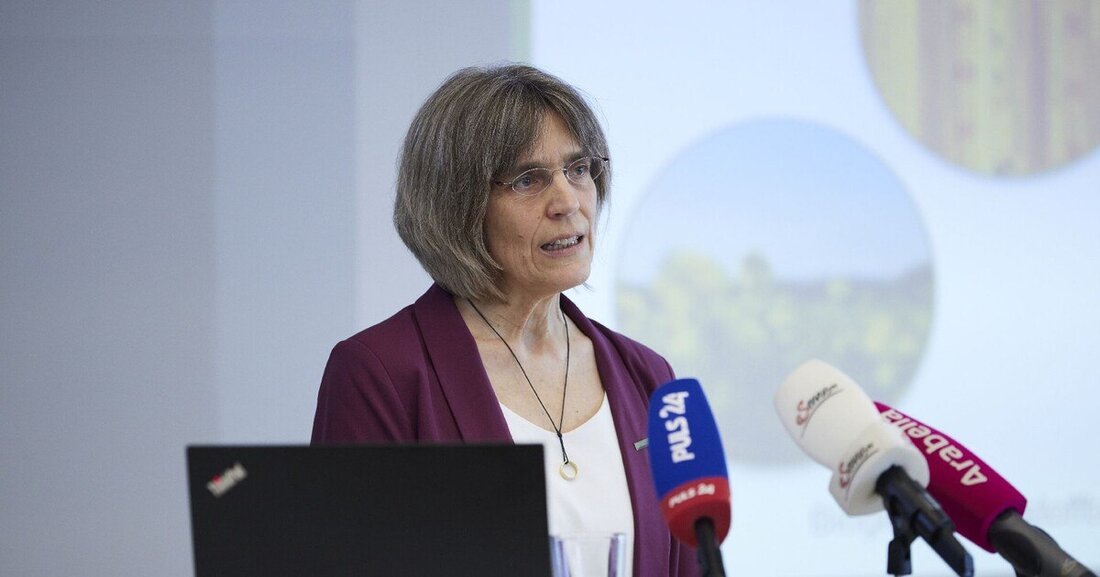Reaching the climate goal with biofuel
The ÖAMTC uses a current study to show how the 2030 climate goals can be achieved.

Reaching the climate goal with biofuel
The deadline for submitting the final National Energy and Climate Plan (NEKP) to the EU Commission ends on June 30, 2024. Until then, the government must define measures as to how Austria wants to reduce its greenhouse gas emissions by almost half by 2030. Bernhard Wiesinger, head of the ÖAMTC interest group: "The NEKP sets the course in the transport sector for at least a decade - the measures set out in it are also binding for future governments. A decision will be made in spring 2024 as to whether mobility will remain an affordable good available to everyone in the future." A study commissioned by the ÖAMTC and prepared by the bioenergy research center BEST and the economic research institute Economica shows a realistic solution to this challenge that can be implemented in the available time.
According to the study, both strengthening e-mobility and increasing the biogenic content of fuel are the keys to achieving climate goals while maintaining affordable mobility. “If the electric quota continues to develop positively, we will only have to use slightly more biofuels in 2030 in order to achieve the climate target - and in doing so we will also ensure that all Austrians continue to be mobile and can afford it,” summarizes Wiesinger. "We therefore demand: Firstly, an increase in the addition of biofuel must be anchored in the NEKP. Secondly, there needs to be a legally binding target path with regard to the gradual increase in the organic content and type of fuel to be added. And thirdly, the organic content must be exempt from mineral oil tax and CO2 tax."
“Even if most newly registered vehicles are electric in 2030, the proportion of combustion engines will continue to predominate - and it is precisely for this population that an economically viable and ecologically sustainable solution is needed,” explains Christian Helmenstein, Managing Director of Economica. In the study, the economic research institute assumes that around 1.1 million electric cars will be registered in Austria by 2030. Dina Bacovsky, Unit Head Biofuels at BEST, explains: "If the admixture of biogenic components in fuel is increased from the current ten percent for gasoline or seven percent for diesel to a uniform 13.5 percent, a decrease in greenhouse gas emissions from road transport to 12.4 million tons can be expected by 2030. This reduction corresponds to a minus of 49.6 percent - the Austrian climate target for the transport sector would even be exceeded." Regarding the question of raw materials, Bacovsky explains: “In combination with the admixture that already exists, the total amount of biofuels only needs to increase by seven percent in order to achieve the outlined increase to 13.5 percent.” Biofuels are primarily produced from residues such as used cooking oil, wood residues or brown liquor. These do not compete with the production of food or feed.

 Suche
Suche
 Mein Konto
Mein Konto